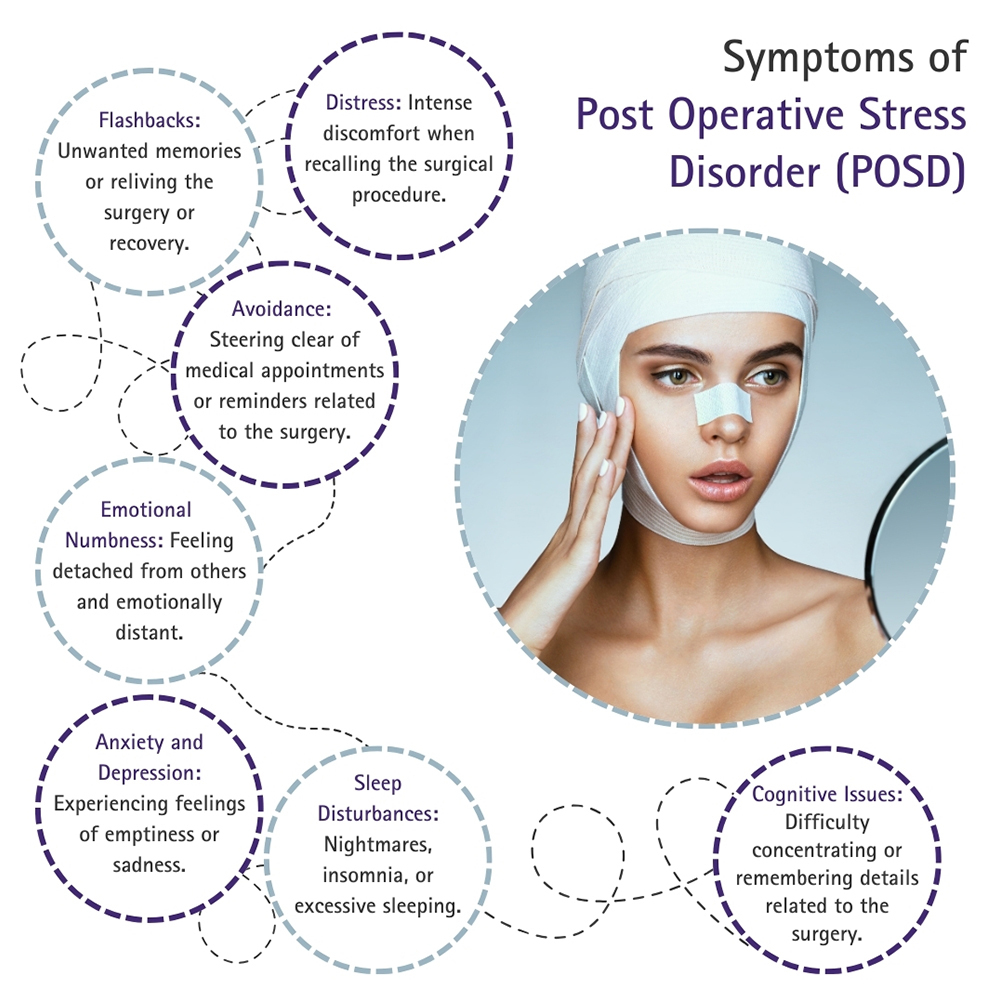Understanding Medical Trauma

What Is Medical Trauma?
Medical trauma is the psychological and emotional effects of a medical diagnosis or event.
Symptoms of medical trauma can include:
- Feeling depressed
- Hopelessness
- Loss of control
- Feelings of fear
- Anger
Long-lasting effects on your mental and physical health are also possible.
Some long-lasting effects include:
- Difficulty sleeping
- Changes in appetite
- Social isolation
- Decreased self-esteem
- Fatigue
- Substance abuse
If you are experiencing any of these effects, healing is possible with the right supportive care.
You may have medical trauma if you have experienced any of the following things:
- Been diagnosed with a chronic medical condition
- Traumatic injury
- Hospitalization for eating disorders
- Invasive medical procedures
- Injury after a car accident
- Difficult childbirth
- COVID
- Negative experiences with medical treatment
- Medical negligence
Medical trauma can be related to any injury, illness, or medical procedure.
Witnessing any of the above-mentioned can also be traumatic. Talk to a certified trauma counselor for an accurate diagnosis.
Online Therapy or Virtual Consultations
Post Operative Stress Disorder
Post operative stress disorder (POSD) is a mental health condition that occurs after undergoing surgery.
The symptoms of POSD are similar to those of PTSD, including:
- Distress when remembering the procedure
- Flashbacks to the procedure or recovery process
- Avoiding any reminders of the procedure, such as medical appointments
- Feeling numb and distant from others
- Feelings of anxiety, depression, or emptiness
- Nightmares, insomnia, or sleeping too much
- Difficulty with memory or concentration
You may experience some or all of these symptoms. It is important to complete a thorough assessment with a trauma counselor to receive an appropriate diagnosis and treatment recommendations.
Signs You Might Need Help
Many people go through surgeries and feel fine after. However, some feel traumatized. This can happen if the surgery is unexpected or results in complications or pain.
Sometimes, surgery can make you feel vulnerable or helpless, which is traumatizing on its own.
If you are experiencing trauma symptoms after surgery, there is help available. Talk to one of our medical PTSD therapists to learn more about why you feel traumatized and to receive trauma-informed care.
Medical PTSD symptoms include:
- Disturbing memories of the traumatic event
- Dreams of the event
- Feeling highly upset when something reminds you of the experience
- Avoiding reminders, such as people, places, or things of the event
- Trouble remebering parts of the event
- Feelings of guilt, shame, or fear
- Irritability or anger
- Hypervigilance
- Trouble sleeping
If you are experiencing any of these PTSD symptoms, you don’t have to deal with them alone. Talk to one of our top therapists to see how we can help you with managing PTSD from surgery.

How Therapy Can Help
It is possible to cope with your symptoms. Our trauma therapists have created a list of things they found most helpful for trauma survivors:
- Somatic regulation: This means learning to relax the muscles in your body to manage and control your stress response. Learning to regulate your body can help you decrease and even eliminate symptoms of depression, anxiety disorders, and PTSD.
- Meditation: Meditation can help you manage big emotions and become more grounded and present.
- Trauma therapy: An effective way to eliminate symptoms is our trauma treatment curriculum, in which you will learn to manage your stress response and emotions, process your negative thoughts and beliefs without the retelling of the stressful event, and integrate these changes into your daily life.
- Social support: Trauma-informed care can help you develop healthy coping skills and social connections, which are important for healing.
To get started with your own healing journey, contact our office today to schedule a safe and confidential individual, group, or family therapy session and meet with one of our empathetic and caring therapists.
For more information about our counselors or to schedule an appointment with a trauma therapist, call the therapy center.
(561) 363-7994Benefits of Therapy
Our certified and compassionate trauma therapists create a comfortable and safe space for you to explore the effects of trauma, process the events that led to PTSD symptoms, and create and implement a plan to minimize the effects of trauma on your life.
Imagine waking up in the morning after a good night’s sleep and feeling rested. You feel an increasing sense of peace, and the anxiety has quieted down. You feel confident and safe going out into the world and dealing with the challenges that lie ahead.
You have the ability to feel your emotions without getting overwhelmed by them or letting them take over your day.
Your relationships are improving. You know what you want and have a plan to achieve it.
You can achieve reduced medical trauma PTSD symptoms by working with our therapists at the Trauma Therapy Center in WPB and begin creating the rest of your life.
Finding a Therapist in West Palm Beach, FL
We understand the importance of finding the right therapist. Our therapists care about your desires, input, and comfort level during the therapeutic process. Our therapists value your self-determination, so most of your treatment is up to you.
We believe each individual knows what they need, and our therapists are here to guide you and help you choose the right treatment. Our WPB therapists specialize in medical trauma counseling and are here to help you.
Some things you can expect during trauma counseling at the Trauma Therapy Center include:
- Assessment: We’ll start by assessing your symptoms and provide psychoeducation on what trauma is, how it affects your mental and physical health, and what to expect in counseling.
- Healthy coping skills: Learning somatic regulation techniques to help you manage your emotional responses and maintain self-regulation. Based on our experience working with clients, learning somatic regulation significantly reduces trauma symptoms.
- Trauma processing: Our therapists specialize in numerous evidence-based interventions such as trauma-focused cognitive behavioral therapy (TF-CBT), rational emotive behavioral therapy (REBT), eye movement desensitization and reprocessing (EMDR), dialectical behavioral therapy (DBT), and more.
- Collaborative treatment plan: Your therapist will outline each intervention’s components and expectations to help you decide which to use for your treatment.
- Safe and supportive environment: Trauma-informed care is about you feeling safe and comfortable. We ensure that all sessions are confidential.
If you’re ready to start feeling better, call our office and speak with one of our helpful receptionists, who will answer any questions you have.
Trauma therapy works best if you meet with your therapist once per week. The length of talk therapy depends on the severity of your PTSD symptoms.

